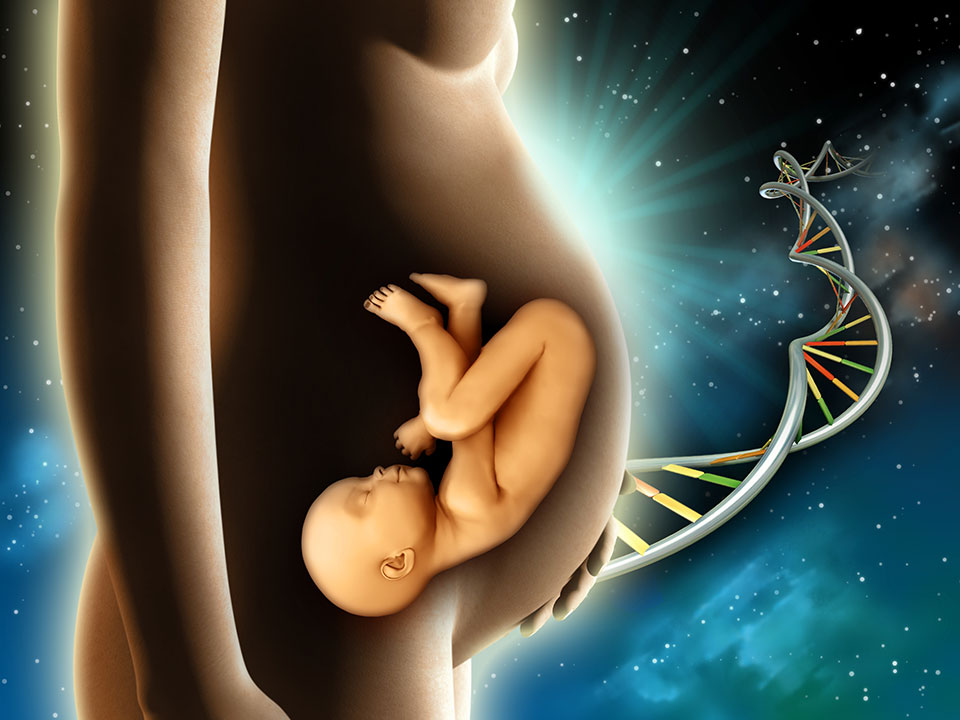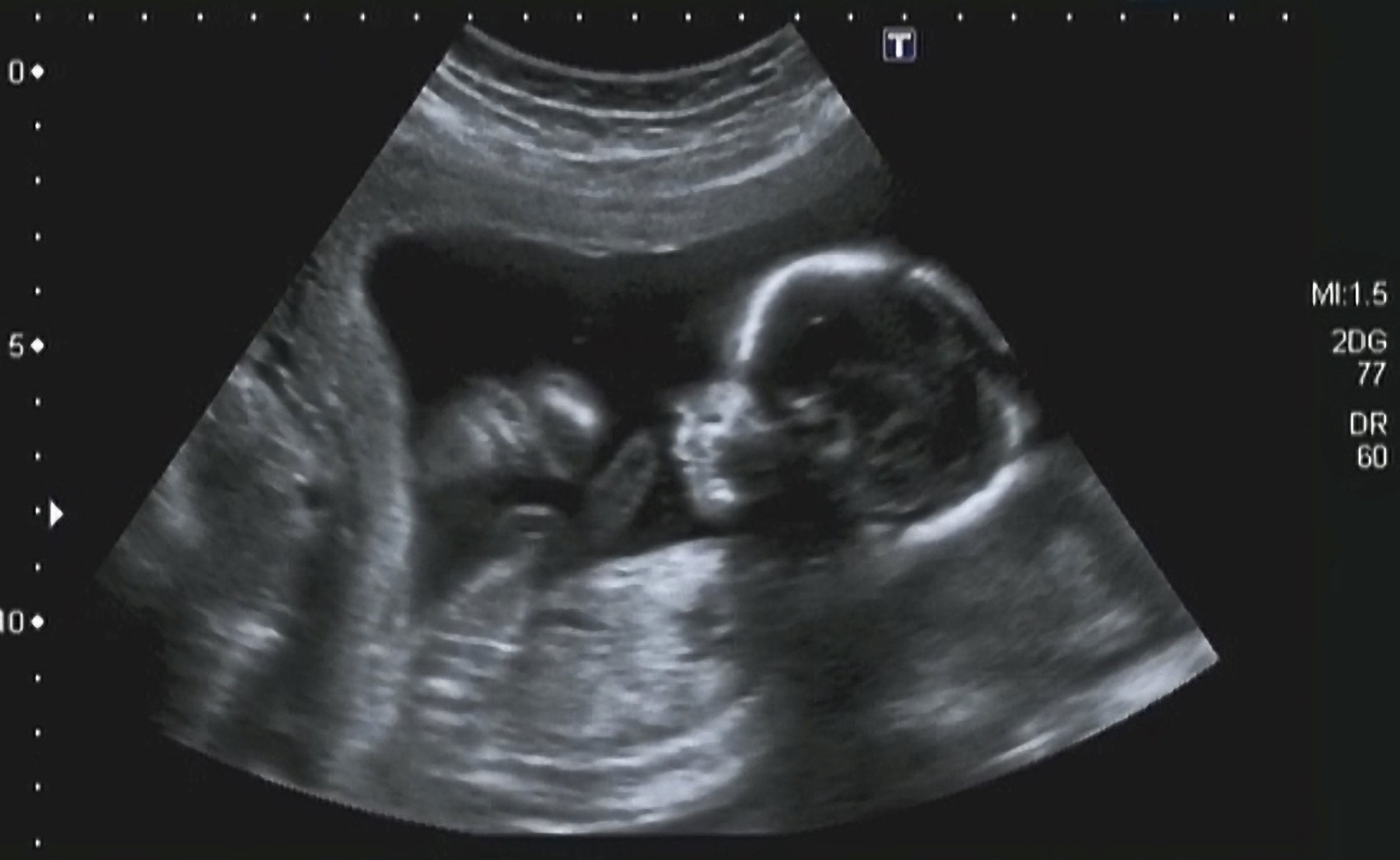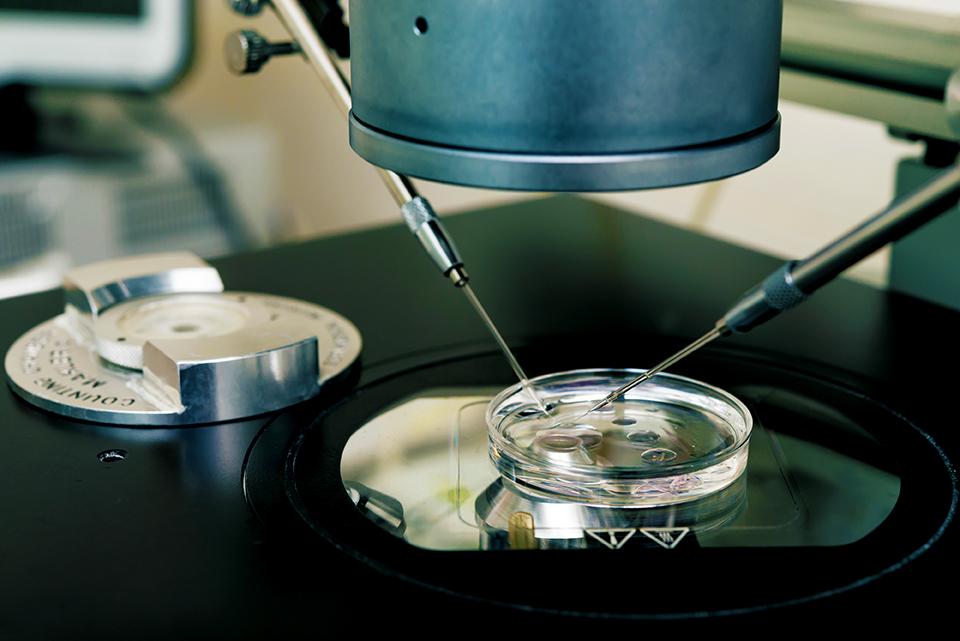Waiting for the pregnancy test after assisted conception is in some ways the most difficult period of time during fertility treatment. Then finally, you have a positive pregnancy test! The roller-coaster of emotions while waiting to do the pregnancy test are replaced with excitement, joy, hope and anticipation to name a few emotions. Then a few days later your doctor tells you that you unfortunately have a biochemical pregnancy. You hear the words, but they are empty and meaningless. All you know is that your short lived joy has been snatched away from you. If you have ever experienced this, you are not alone. A biochemical pregnancy is more common that you think.
What is a biochemical pregnancy?
The medical definition of a biochemical pregnancy is the absence of an identifiable pregnancy on ultrasound examination despite a positive urine or blood hCG pregnancy test. What does this mean? The β-hCG, which is the pregnancy hormone rises, as it should in any pregnancy, but then the level unexpectedly does not continue to rise as it should or starts to fall. This characterizes a biochemical pregnancy and differentiates it from a normal clinical pregnancy. Specifically, a low peak in β-hCG (< 100 mIU/mL) is usually followed by a rapid decline. Unfortunately, we do not know why this happens and how to prevent it from happening again.
How common are biochemical pregnancies?
We believe in spontaneously occurring pregnancies, biochemical pregnancies are fairly common, involving as many as half of all pregnancies. An exact number is hard to determine. Most women who experience a biochemical pregnancy never even realize they are pregnant unless they are trying to conceive and are doing pregnancy tests regularly and early.
Many biochemical pregnancies are recognized today that would otherwise previously have gone undetected because of the ultra-sensitive pregnancy tests now on the market. These tests make it easier to detect a pregnancy as early as 4 days before a woman’s period is due. In addition, as many as 25% of pregnancies fail even before a missed period or symptoms of pregnancy.
What causes a biochemical pregnancy?
Several possible factors have been proposed, but unfortunately, the exact cause or relationship still remains unknown. Two of the most commonly attributable factors include:
Genetics:
It is becoming clearer that the genetic make-up of the woman’s egg is pivotal for normal embryo development. Two mechanisms for early embryo loss have been suggested. Firstly, the chromosomes carrying genetic material do not separate equally when cells are dividing. Secondly, for some reason, the early embryo may not have the ability and capability to continue developing and growing. In other words, abnormal genetic material may form in the egg or the sperm even before conception or after fertilization in the very first days of the embryo developing.
Endometrial thickness and pattern:
Biochemical pregnancies may be related to the thickness and pattern of the inside endometrial lining of the uterus. This has not been shown to be related to maternal age or previous miscarriage. Biochemical pregnancy and clinical spontaneous miscarriage are not related to hormone levels (estradiol or luteinizing hormone (LH)) on the day of hCG trigger with fertility treatments or LH surge. Thus, checking hormone levels before conception cannot predict which pregnancies will be healthy and which pregnancies will go on to miscarry.
What about Stress?
Day-to-day stress, intense exercise and lifting heavy objects have not been shown to cause miscarriages. These persistent fallacies often result in unnecessary guilt and suffering for many women.
When a woman does IVF, the diagnosis of a biochemical pregnancy is particularly devastating because of the investment in the cycle. However, as awful as it is for a woman, this does give your doctor some information, that at least one embryo reached the advanced stage of development (blastocyst stage), went on to “hatch” and started to implant. As such, a biochemical pregnancy, although extremely disappointing, can be thought of as being a “dark cloud that has a silver lining” because it offers the hope of a successful clinical pregnancy in the future.
Finally, a biochemical pregnancy is a pregnancy. You need time to grieve and recover, just like with any other miscarriage. You do not have to go through this alone. GENESIS offers workshops and support groups to help you through this difficult time.
References:
Original post October 16, 2018
Updated June 2, 2021
If you would like to learn more about GENESIS Fertility New York or are ready to schedule an appointment, please speak with one of our representatives at 929-605-5467.





